Apple's iPhone continued to gain more U.S. marketshare towards the end of 2016, according to research data published on Wednesday, but saw setbacks in China, facing tough competition from local and often cheaper alternatives.
Apple advanced 6.4 percent year-over-year in the U.S. during a three-month period ending in November, giving it a 43.5 percent marketshare, Kantar Worldpanel ComTech said, citing sales data. That knocked Google's Android platform back to 55.3 percent of the market, in a sixth consecutive period of decline. A year ago, Android held a 60.4 percent share.
The iPhone 7, 7 Plus, and 6s were reportedly the most popular phones in the country, together accounting for 31.3 percent of sales. Samsung though controlled 28.9 percent, thanks to the Galaxy S7 and S7 Edge. Google's new Pixel phone managed 1.3 percent, said to represent rapid growth.
Kantar's data suggests Apple had the three most popular smartphones in the U.S: The iPhone 7, iPhone 7 Plus, and iPhone 6s.
Apple's share in urban China meanwhile fell from 25.3 percent to 19.9 percent, squaring off against local firms Huawei, Oppo, and Xiaomi. Huawei managed a 25 percent share, though this was actually a decline of 3.1 percentage points from a previous three-month period ending in October. In the same span, Apple advanced 2.8 percentage points thanks to the iPhone 7.
The device in fact became the best-selling Chinese smartphone during the November period, taking 6.6 percent of sales, relegating Oppo's R9 to second place at 4.7 percent.
In the "big five" European markets — Britain, Germany, France, Italy, and Spain — both the iPhone and Android made gains year-over-year, hitting 24.6 and 72.4 percent respectively. This was linked to the decline of Windows phones, which fell to 2.8 percent. Britain was a particular strong point for Apple however, where iPhone share rose 9.1 percentage points.
Kantar also noted that between the October and November periods, Android dipped 2.8 points in Europe while the iPhone made gains because of the iPhone 7.
"The holiday period is always strong for Apple, but it remains to be seen if demand for the latest devices will level out in the first quarter of 2017," wrote a business unit director for Kantar, Dominic Sunnebo.
Indeed Nikkei recently claimed that Apple is cutting its iPhone 7 production orders by 10 percent based on slower-than-expected sales, despite the 7 Plus remaining in high demand. Indeed while Foxconn — which assembles the 7 Plus — saw a revenue uptick in December, standard iPhone 7 manufacturer Pegatron saw its revenues fall dramatically.
 Roger Fingas
Roger Fingas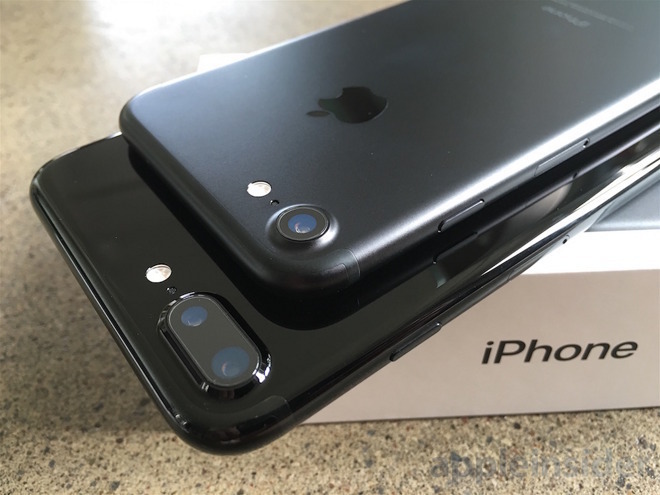

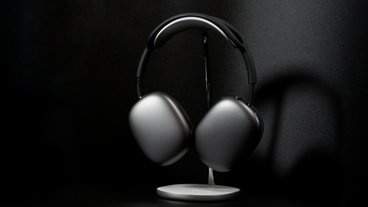
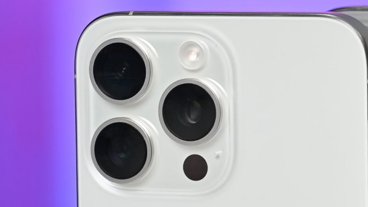
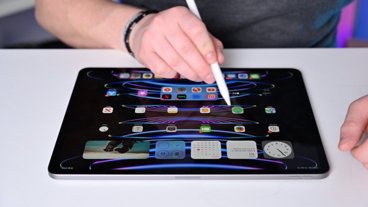



-m.jpg)





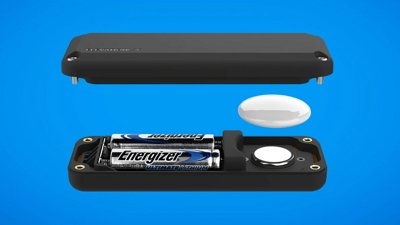
 Malcolm Owen
Malcolm Owen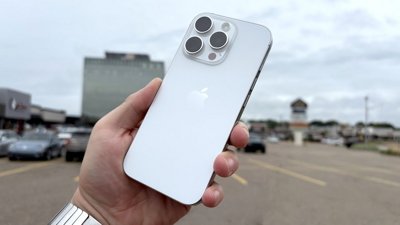
 Mike Wuerthele
Mike Wuerthele
 Christine McKee
Christine McKee
 William Gallagher
William Gallagher
 Sponsored Content
Sponsored Content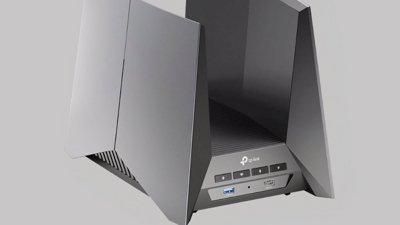
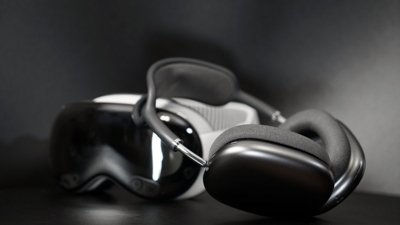
 Wesley Hilliard
Wesley Hilliard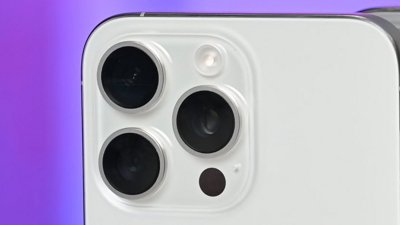
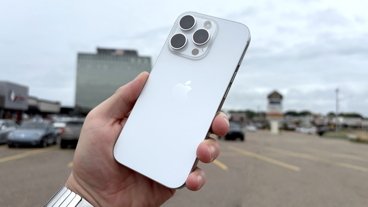
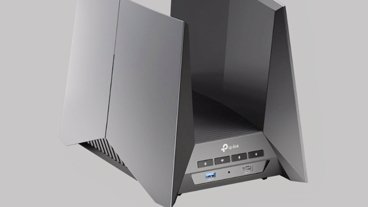


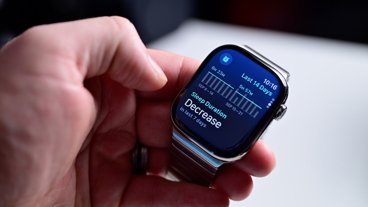


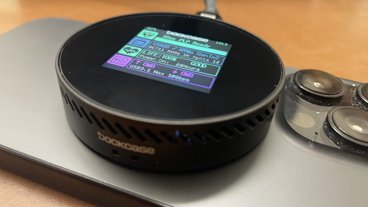

20 Comments
Comparing markets on different continaents is like comparing apples to oranges. Profit is one thing and purchaser objectives migh be different. Cheap copies. knokoffs to be replaced and recycled in short period of time might be a goal on one market while on the other market quality and long term reliability might be objectives. And no yuou cannot have everrything for cheap there is a cost to every objective. I can relate to this problem between US market and Eastern/Central Europe. They are different markets with overlap objectives, but there is a gap as well. Not all gaps can be covered. In some parts of this world Samsung Android devices are preferred in others Chineses Huawei will beat anything based on different objectives that cannot be met by products developed with different objectives. It would be like saying that someone's Toyota, Honda or KIA is the same as someone's BMW or Mercedes. It is not and it will never be regardles how much they may resemble as cars.
I love how knockoff fans lump android's 1,000+ manufacturers against ONE company and claim that ONE company is losing.
Anyway, it shocks me how many people buy into Samsung marketing and believe they have an original and quality device.
When the iPhone 5 came out, Apple had over half of the US market:
https://www.cnet.com/news/iphone-snags-its-highest-u-s-market-share-ever-says-report/
It's nice to see that Apple is rebounding a bit from the 6s crash, but they have a ways to go to get back to where they were.
Hopefully AirPod availability will increase the appeal of the iPhone 7 (I know the products are independent, but I think in many consumer minds they are linked), and Apple can claw back more share.
Apple lost to Samsung in US. Apple captures 31.3 percent of sales with three iPhones. But Samsung captures 28.9 percent of sales with two Galaxy phones.